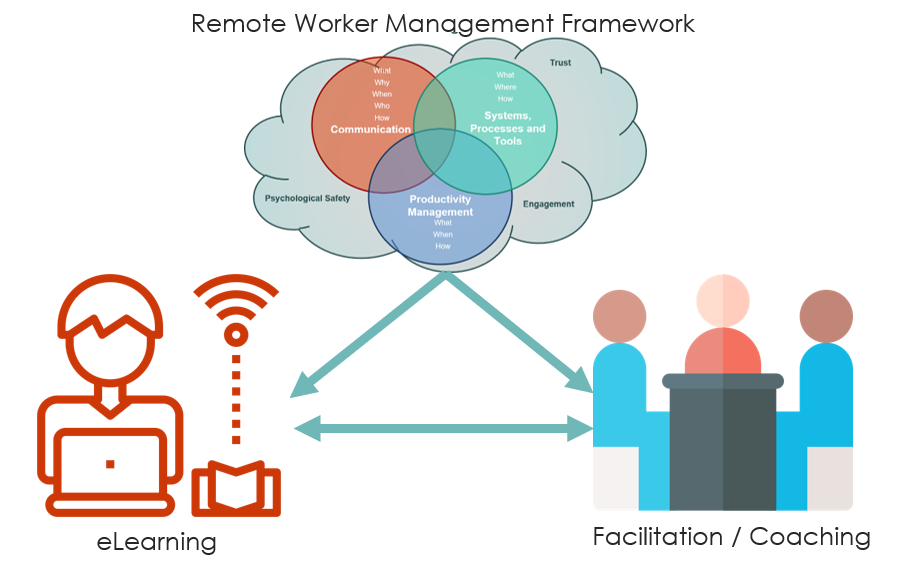Remote Workforce Management Services
In today’s rapidly evolving technological landscape, remote work has become more prevalent than ever before. With the rise of digital communication tools and advancements in virtual collaboration platforms, companies are increasingly turning to remote work solutions to increase productivity and reduce costs. However, managing a remote workforce comes with its own set of challenges, such as ensuring team cohesion, tracking progress, and maintaining a strong company culture.
The Role of Remote Workforce Management Services
Remote workforce management services play a crucial role in helping companies navigate the complexities of managing remote teams. These services typically include a range of tools and technologies designed to streamline communication, track progress, and ensure accountability among remote employees.
Key Features of Remote Workforce Management Services
Some of the key features offered by remote workforce management services include:
Time tracking: Remote workforce management services often offer time tracking tools that enable employers to monitor the hours worked by remote employees and ensure accurate payroll processing.
Task management: These services typically include task management tools that allow managers to assign tasks, set deadlines, and track progress in real-time.
Communication tools: Remote workforce management services provide sophisticated communication tools that enable team members to collaborate effectively, regardless of their physical location.
Performance monitoring: These services often include performance monitoring tools that allow employers to evaluate the productivity and efficiency of their remote workforce.
The Benefits of Remote Workforce Management Services
Utilizing remote workforce management services can offer a wide range of benefits for companies, including:
Increased productivity: By providing remote employees with the tools and resources they need to succeed, remote workforce management services can help boost productivity and efficiency.
Cost savings: Remote work solutions can help companies reduce overhead costs associated with traditional office spaces, such as rent and utilities.
Improved work-life balance: Remote work offers employees greater flexibility in managing their work schedules, leading to improved work-life balance and job satisfaction.
Access to a wider talent pool: By embracing remote work solutions, companies can tap into a global talent pool and access top talent from around the world.
Case Study: How Company XYZ Utilized Remote Workforce Management Services
Company XYZ, a tech startup based in Silicon Valley, recently transitioned to a remote work model due to the COVID-19 pandemic. To ensure the success of their remote workforce, Company XYZ implemented remote workforce management services, including time tracking software, task management tools, and communication platforms.
As a result of utilizing remote workforce management services, Company XYZ saw a significant increase in productivity and employee satisfaction. The company was able to streamline communication, track progress more effectively, and ensure accountability among remote employees.
Conclusion
In conclusion, remote workforce management services play a vital role in helping companies navigate the challenges of managing remote teams in today’s tech-driven world. By leveraging these services, companies can increase productivity, reduce costs, and improve employee satisfaction. As remote work continues to evolve, remote workforce management services will become an essential tool for companies seeking to thrive in a virtual work environment.


